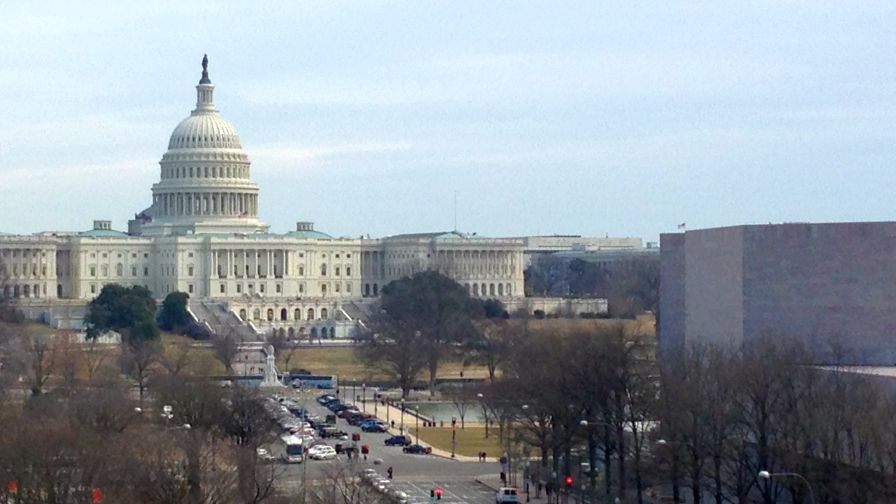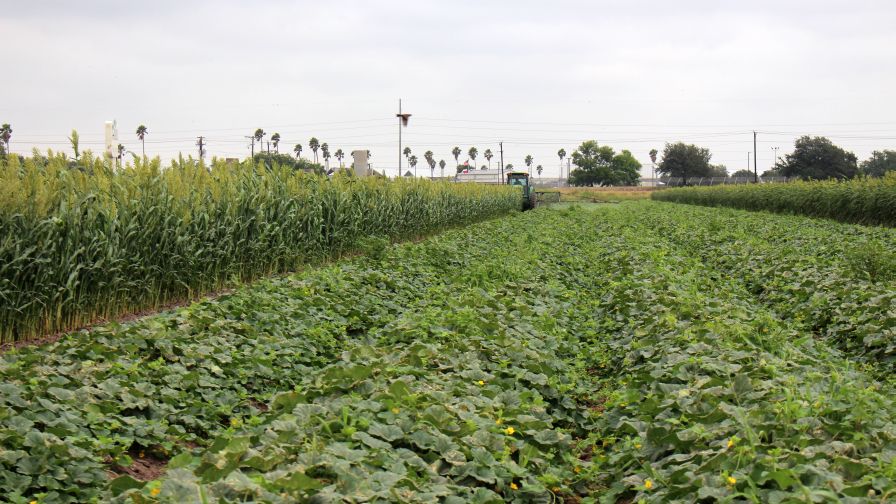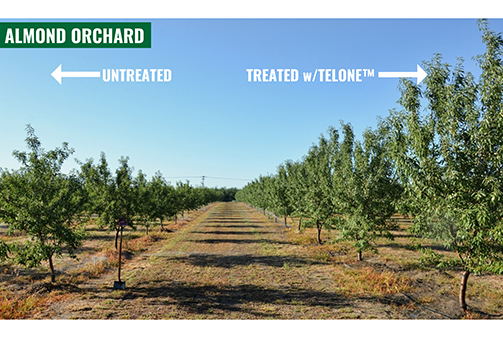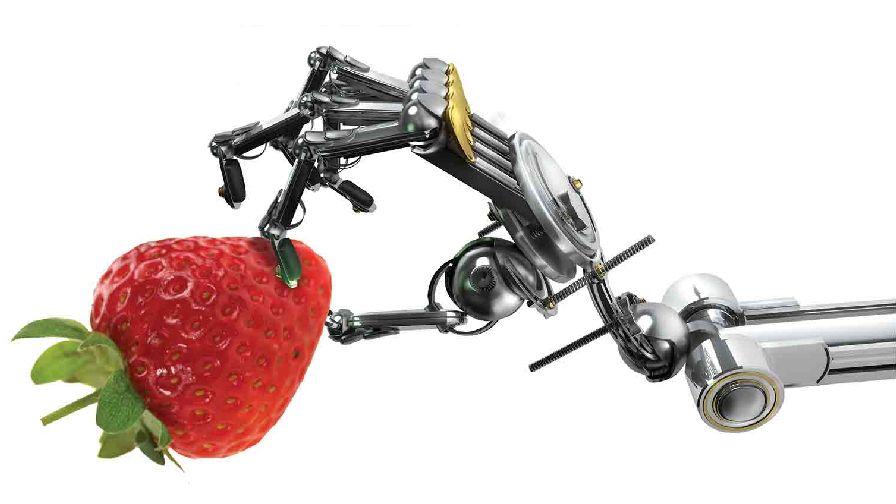California Governor Streamlines Water Transfers
With near record-low precipitation in California this year, Governor Edmund G. Brown Jr. Monday issued an executive order to streamline approvals for voluntary water transfers to assist California’s agricultural industry.
“Agriculture is vital to the health of California’s economy,” said Brown in a press release, “and this order ensures we’re doing what’s necessary to cope with a very dry year.”
The executive order directs the State Water Resources Control Board (SWRCB) and the Department of Water Resources (DWR) to expedite the review and processing of voluntary transfers of water and water rights consistent with current law. Under the order, DWR will coordinate State Water Project operations to alleviate critical impacts to San Joaquin Valley agriculture.
The SWRCB and DWR share responsibilities for the transfer of water in California. The SWRCB reviews and processes water transfer petitions, while DWR has the primary functional responsibility for the actual transfer of water. Water transfers in dry years assist those who potentially have excess supplies by allowing them to sell to those who are short of supplies, providing a valuable economic incentive to both the buyer and seller.
DWR’s May 2nd snow survey found the Sierra snowpack at 17% of normal. State Water Project deliveries this summer will be only 35% of requested amounts. The federal Central Valley Project will deliver as little as 20% of requested amounts to some customers.
“I am grateful that Governor Brown is taking this early, important action to protect California’s agricultural industry,” said United States Senator Dianne Feinstein. “This Executive Order provides economic benefits across many regions of California. Willing sellers of water will benefit, as will those in the areas of greatest need, while retaining protections for fish, wildlife, and other environmental values.”
“With our current water crisis, Governor Brown recognized the need for immediate action and took it,” said Rep. Jim Costa (D-Fresno). “His move to ease water transfers will reduce the pain facing farmers, farm workers, and our farming communities. This is a good step, but it does not solve our real problem: restrictions on pumping in the Delta. These regulations cost us precious water yet again this winter and may prevent critical transfers throughout the summer. The only way to end this cycle of uncertainty is to move forward with the Bay Delta Conservation Plan that will bring more water reliability for all Californians.”
“It takes water to sustain the farms that feed our growing population,” California Farm Bureau Federation President Paul Wenger said. “In a year like this, voluntary transfers of water from areas that have a surplus give our system more flexibility so that farmers facing water supply cutbacks — especially those with permanent crops — may find alternative sources. We thank the governor for moving quickly to streamline California water transfer rules.”
“The supply of water available for farmers on the west side of the San Joaquin Valley is lower this year than in 1977, the driest year on record in California, and Valley communities like Mendota, Firebaugh, and San Joaquin are facing an economic disaster,” said Tom Birmingham, general manager of Westlands Water District. “The transfers facilitated by this Executive Order will provide critically needed water to sustain farmers, the people they employ, and the communities that depend on irrigated agriculture.”









